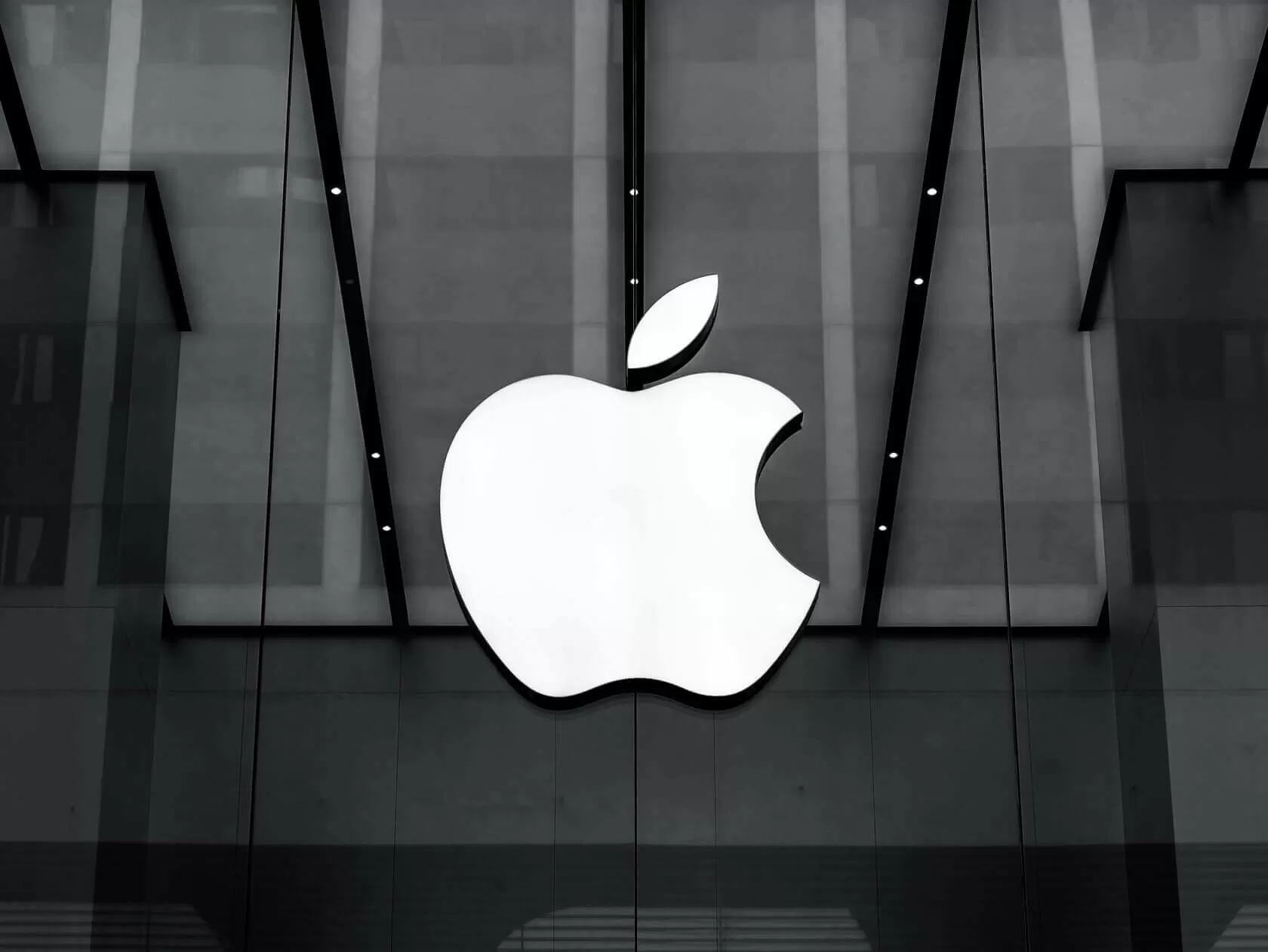Recap: Last month, Intel made it clear is was prepared to go to war with Fortress, a SoftBank owned investment arm. The litigation war stems from patent infringement lawsuits brought against Intel. The chip maker, for its part, asserts that Fortress has stockpiled patents in a manner that is unlawful and anti-competitive. Intel seemed perfectly willing to test Fortress' patents in court alone, however it's now gained a formidable ally with Apple joining the fray.

Apple and Intel have joined suit against the SoftBank-controlled Fortress Investment Group, following Intel's original suit against Fortress last month. Intel's original filing has now been retracted, being replaced with a new lawsuit listing Apple as a plaintiff.
The new lawsuit echoes the accusations found in the first one, but adds a new set of patents and complaints from Apple. Specifically, Apple alleges it has "suffered economic harm in the form of litigation costs and diversion of resources away from innovation to respond to these entities’ serial nuisance suits."
Apple also notes that firms associated with Fortress have brought at least 25 lawsuits against the company, seeking between $2.6B and $5.1B in damages. Now, Apple and Intel are responding to Fortress in chorus, accusing Fortress of anti-competitive and unlawful patent aggregation, with the intent of suing other technology companies. As Anandtech notes, they are seeking the following:
a) That Defendants’ unlawful conduct be declared a violation of Section 1 of the Sherman Act, 15 U.S.C. § 1; Section 7 of the Clayton Act, 15 U.S.C. § 18; and Cal. Bus. Prov. Code § 17200, et seq.;
b) That Intel and Apple recover damages against Defendants in an amount to be determined and multiplied to the extent provided by law, including under Section 4 of the Clayton Act;
c) That all contracts or agreements Defendants entered into in violation of the Sherman Act, Clayton Act, or Cal. Bus. Prov. Code § 17200, et seq. be declared void and the patents covered by those transfer agreements be transferred back to the transferors;
d) That all patents transferred to Defendants in violation of the Sherman Act, Clayton Act, or Cal. Bus. Prov. Code § 17200, et seq. be declared unenforceable;
e) Award to Intel and Apple their costs and expenses associated with this case, together with interest; and
f) Grant such other and further relief as the Court may deem just and proper under the circumstances.
https://www.techspot.com/news/82903-apple-allies-intel-antitrust-case-against-softbank-owned.html